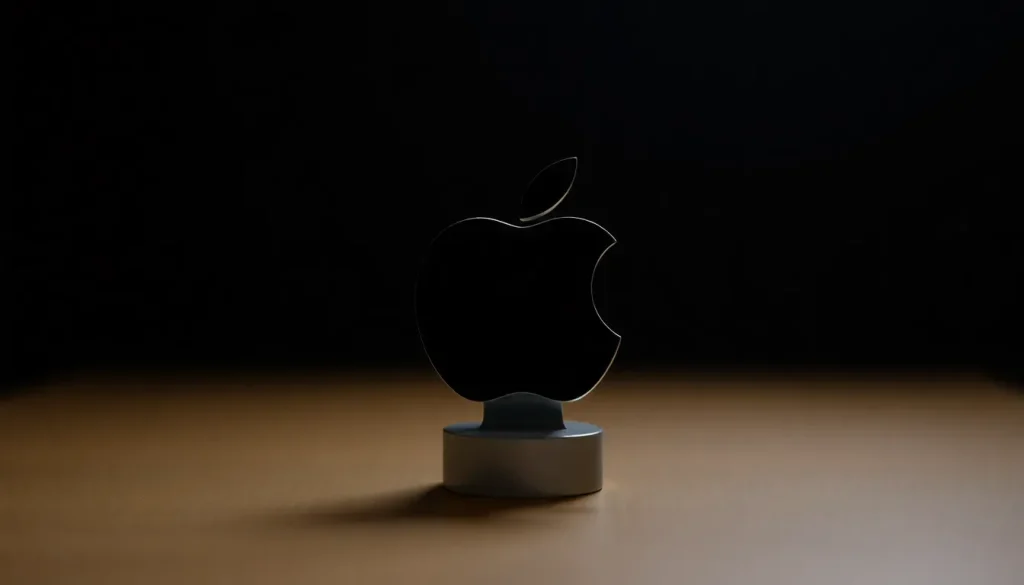Siri voice recording scandal continues in new French investigation

Apple's Siri, one of the most recognized voice assistants globally, is under scrutiny once again amid allegations regarding its data collection practices. This renewed investigation raises significant questions about user privacy and the ethical use of voice recordings, which may impact the trust consumers place in technology giants.
The Paris public prosecutor has embarked on a new investigation into the handling of Siri voice recordings, adding another layer to the ongoing controversy that began back in 2019. This probe not only highlights the legal challenges faced by Apple but also illustrates the growing concern over data privacy in a world increasingly reliant on digital assistants.
- Understanding the Siri recording scandal
- Has Siri been recording people without consent?
- The role of whistleblowers in the controversy
- Resurfacing controversy: The new investigation
- Ongoing legal challenges: More lawsuits for Apple
- Apple's response: A commitment to privacy
- Looking ahead: The future of digital privacy
Understanding the Siri recording scandal
The initial uproar surrounding Siri's voice recordings ignited in 2019 when it was revealed that recordings were sent to third-party contractors for quality control purposes. This practice involved analyzing user interactions to enhance Siri's performance, but it also led to serious privacy concerns.
Investigations found that these recordings, which included sensitive information, were inadvertently triggered by users. For example, conversations that should have remained private, such as those between doctors and patients, were exposed to contractors reviewing the data. This situation has raised critical questions about how much control users have over their data and the transparency of companies in disclosing such practices.
Has Siri been recording people without consent?
One of the most contentious issues surrounding Siri's operations is whether users were adequately informed about the data collection practices. Apple claimed that they had notified users that some queries would undergo manual review. However, many users felt that the information was not clear enough, leading to a significant backlash.
Critics argue that the lack of explicit consent for the collection of voice recordings represents a breach of privacy rights. In response, Apple has maintained that it has always prioritized user privacy and has never sold or used Siri data for marketing purposes. Nevertheless, the ongoing scrutiny suggests that this issue is far from resolved.
The role of whistleblowers in the controversy
The whistleblower, Thomas Le Bonniec, played a crucial role in bringing these practices to light. Working for a contractor dealing with Siri's voice data, Le Bonniec's revelations prompted investigations by various authorities. His claims highlighted the need for more stringent data protection measures and clearer communication from tech companies regarding their data handling practices.
Le Bonniec's testimony has sparked a broader dialogue about privacy in the digital age, prompting many to reconsider how much they trust technology companies with their personal information. His concerns center around not only the number of recordings made but also the potential for misuse of sensitive data.
Resurfacing controversy: The new investigation
The latest investigation by the Paris public prosecutor stems from a complaint filed by the French NGO Ligue des droits de l'Homme in February. This organization seeks to address the lack of accountability regarding how Siri recordings are managed. The investigation is being spearheaded by the OFAC cybercrime agency, indicating the seriousness with which French authorities are treating this issue.
- Determining the total number of recordings since 2014.
- Identifying how many individuals have been impacted by these practices.
- Understanding where Apple stores the collected data.
Le Bonniec believes that these inquiries are essential to grasp the full extent of Apple's data collection and processing practices. Despite Apple's assurances of user privacy, the skepticism surrounding their transparency remains a critical concern.
Ongoing legal challenges: More lawsuits for Apple
The investigation is not the only challenge Apple faces regarding Siri's data collection. A class-action lawsuit has also emerged in France, partly inspired by the whistleblower's revelations. This legal action reflects the growing unease among consumers regarding how their data is managed by prominent tech companies.
In addition, a related class action in the United States concluded with a substantial settlement of $95 million, indicating a serious concern over similar practices. This settlement, which offered up to $20 per Siri-enabled device, did not constitute an admission of wrongdoing by Apple, but it did underscore the necessity for ongoing scrutiny of tech companies regarding data privacy.
Apple's response: A commitment to privacy
In light of the renewed scrutiny, Apple has reiterated its commitment to user privacy. An Apple representative stated that the company "has never used Siri data to create marketing profiles" and emphasized that they have never sold user recordings. This insistence on transparency is part of Apple's broader strategy to maintain consumer trust.
However, the ongoing investigations and lawsuits reveal a complex landscape where consumer trust is tested against the backdrop of technological advancement. As digital assistants become more prevalent, the need for clear data protection policies and ethical practices will only grow.
Looking ahead: The future of digital privacy
The implications of this ongoing saga extend beyond Apple and Siri. As technology continues to evolve, the importance of robust data protection practices is paramount. Consumers are increasingly aware of their privacy rights, and companies must adapt to meet these expectations.
In the wake of these controversies, it is crucial for tech companies to prioritize transparency and user consent. The dialogue surrounding data privacy is evolving, and the actions taken today will shape the future landscape of digital communication.
For those interested in a deeper exploration of this issue, check out the following video:




Leave a Reply